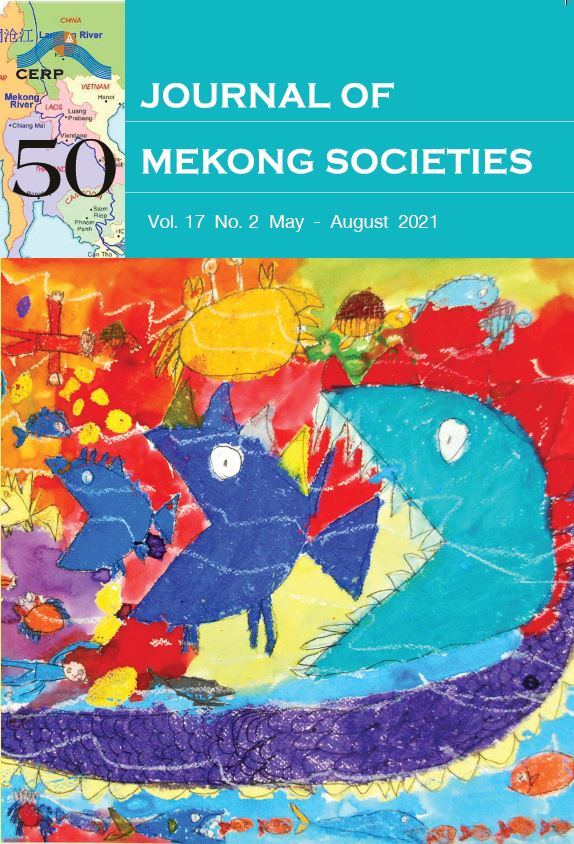Returning and Departing: Livelihood Challenges of Returned Migrants and Intergenerational Reproduction of Migration in Northeast Thailand
Main Article Content
Abstract
Overseas migration has been described as an important livelihood strategy of the Thai rural population for more than four decades. However, there is minimal research questioning how and why migration has been active over three generations of rural Thai households. Drawing on an empirical case from a village in Udon Thani province, Northeast Thailand, in which migrating to another country has been popular for over 30 years, this paper explores migration and the return of parental generations resulting in limitations to their livelihoods. Using a mixedmethods approach that involves a survey-style questionnaire, and in-depth interviews, the study highlights how intergenerational migrant workers were perpetuated through social and economic conditions, which in turn, enabled a culture of migration. This paper argues that the return home of first and second generations does not mean a return to traditional family life, as migration is a continuing process passed from one generation to the next. This brings a new meaning to rural households and creates a trap for rural development.


